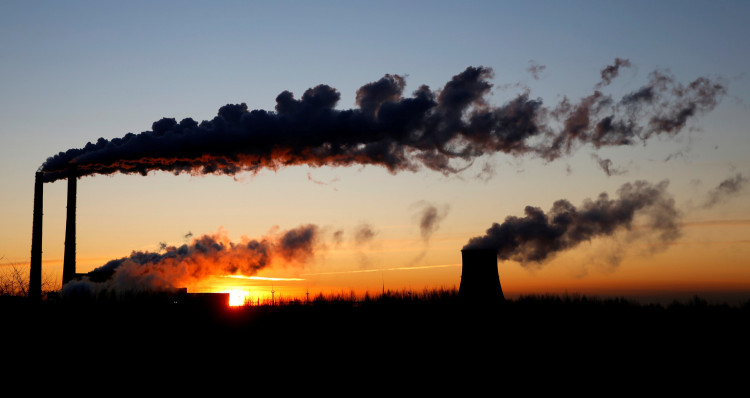Russia halted natural gas supplies to NATO allies Poland and Bulgaria on Wednesday and warned to cut off supplies to more nations, intending to penalize and split the West over its assistance for Ukraine.
The action, which European leaders branded "blackmail," was a significant step forward in the economic war of penalties and counter-sanctions that has been undertaken in conjunction with the battlefield conflict.
The move, which comes a day after the U.S. and other Western partners pledged to provide more and heavier weapons to Ukraine, might compel targeted countries to ration gas, further damaging economies already reeling from price inflation.
At the same time, it risks depriving Russia of vital funds for its military effort.
Poland has long been a significant route for weapons supplies to Ukraine, and it revealed this week that it will be delivering tanks to the country.
Poland slapped fresh sanctions against Gazprom and other Russian corporations and billionaires just hours before the Russian state energy powerhouse acted.
Bulgaria, under a new liberal administration that took office last October, severed many of its old links with Moscow and backed sanctions against the Russian government. Western fighter jets have also been stationed at a new NATO facility on Bulgaria's Black Sea coast.
The gas reductions do not put the two countries in any imminent danger. Poland, in particular, has been striving for years to secure alternative sources, and the continent is approaching summer, which means gas is becoming less necessary for houses.
Nonetheless, the shutdown and threat from the Kremlin that other nations could be next sent chills down the spines of the European Union's 27 members. Germany, the continent's biggest economy, and Italy are among Europe's main users of Russian natural gas, though both are working to minimize their reliance on Moscow.
"It's unsurprising that the Kremlin is attempting to blackmail us with fossil resources," EU Commission President Ursula von der Leyen remarked. "It backfired once again today, the Kremlin's effort to create conflict among member states."
Gazprom stated that Poland and Bulgaria were cut off because they failed to pay in Russian ruble (the official currency of the Russian federation), as President Vladimir Putin asked of "unfriendly" countries. If other countries do not agree to the payment plan, the Kremlin has threatened to cut off their ties.
Russia, according to Ukrainian President Volodymyr Zelenskyy, considers gas as a tool for political coercion and "perceives a united Europe as a target."




